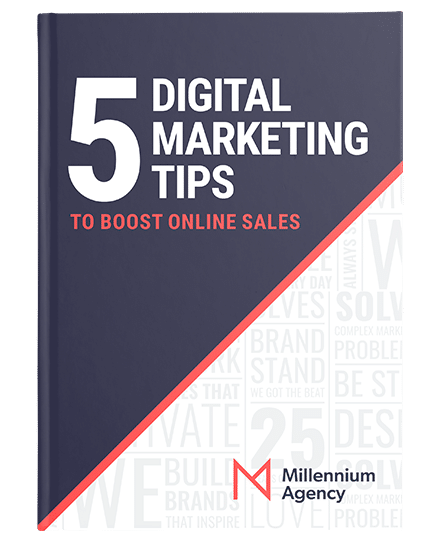
Unlock the Path to Online Success!
Are you ready to elevate your online sales to new heights? Dive into our eBook, “5 Digital Marketing Tips to Boost Online Sales,” and take your business growth to the next level.
Why Choose This eBook?
Unleash Your Digital Potential – Get the eBook Now!
Embark on a journey of transformation. Arm yourself with the insights and tools needed to supercharge your online sales. Witness your business thrive, redefine your digital marketing footprint, and secure lasting business success.

Get Your Free Copy Today and Ignite Your Sales!
"*" indicates required fields